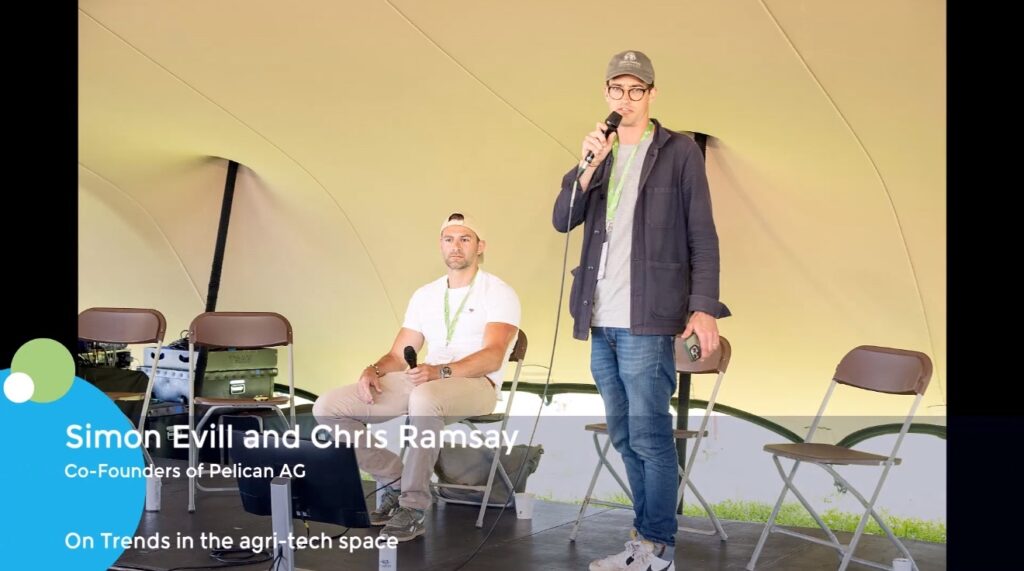Back to the future: investors return to robotics deals – Dealspeak EMEA
European investors are making a tentative return to the robotics industry, as evolving artificial intelligence (AI) and machine-learning capabilities make the technology more widely accessible and financially viable.
Following two successive years of declining investments, there has been a gentle increase in M&A dealmaking in the European robotics sector this year. Total volume across the industry has reached EUR 451m so far in 2024, a 30% rise versus EUR 348m over the same period last year, according to Mergermarket data.
As with all deep-tech solutions, futuristic technology is at the heart of the robotics investment proposition. Norway’s 1X, for example, is producing AI-powered bipedal humanoids designed to assist consumers and enterprise customers with everyday domestic tasks.
In January, 1X raised USD 100m in a Series B capital raise from EQT Ventures and other global investors to bring its second-generation android, NEO, to market.
Technological advancements in robotics, like those developed by 1X, are helping to increase efficiency and safety across a number of industries, from manufacturing and defence to agriculture and logistics.
Scaling up
As the industry matures, robotics companies are scaling and so becoming an increasingly attractive – and less risky – investment proposition.
The largest deal this year, for example, came in June, when Czech Republic-based e-commerce firm Rohlik Group raised USD 170m (EUR 158.8m) in a round led by the European Bank for Reconstruction and Development.
Rohlik Group, an online supermarket that uses robotics to run fully-automated fulfilment centres for same-day deliveries, is targeting more than EUR 1bn of revenue, with positive cash flow, for the 2024 financial year.
In July, Italian car manufacturer Stellantis [NYSE:MTA, EPA:STLA] agreed to sell a majority stake in industrial automation and advanced robotics specialist Comau to One Equity Partners.
The financial terms of the transaction were not disclosed, but Comau is reported to generate around EUR 1.5bn of annual revenue.
Spreading out
Despite the uptick, this year’s dealmaking numbers still fall well below those of previous years. In 2016, for example, total M&A volume in European robotics was EUR 5.8bn, more than 10x the 2024 total thus far, the data shows.
For that gap to be bridged, companies like Italy’s Medical Microinstruments (MMI) will play a vital role in showing that the technology can be applied successfully – and at scale – across a variety of industries.
MMI is developing Symani, a surgical system that replicates the natural movements of the human hand on a microscopic scale. In February, the company raised USD 110m in a Series C funding round led by Fidelity Management & Research to fund the commercialisation of Symani and expand surgical treatment options for patients suffering from complex diseases.
The development of robotics technology shows no signs of slowing. Entrepreneurs and investors alike will hope the number of applicable uses continues to grow at the same rate.











